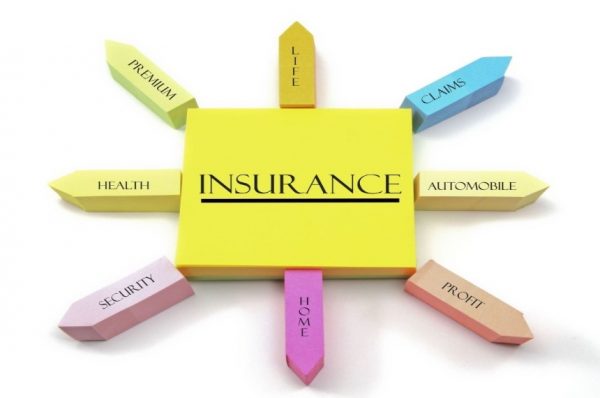In Nigeria, there are 6 compulsory insurance policies. These insurance policies are compulsory because there are laws in place to ensure its implementation and failure of one to have any in place when needed attracts one form of punishment or the other.
Read more about Insurance
These 6 compulsory insurance policies are based on acceptable international standards and they are put in place to protect others who may stand the risks of being affected by our actions and activities. Out of the six, three are designed to provide employees with significant compensation in the event of any loss experienced by them in the course of their employment.
Employers Liability Insurance (Group Life Insurance)
In the Pensions Reform Act, 2004 (amended 2014), every employer of labour in Nigeria with a minimum of three (3) employees is required to take out a group life insurance policy for the employees. The value of the policy is to be a minimum of three times the annual total emolument of the employee. This law is not only applicable to employees with the public sector but also those within the private sector. Defaulting in this is liable to a fine of N250,000 or one-year imprisonment or even both, depending on the situation.
Employers Liability Insurance
This insurance policy is similar to Group Life Insurance and it makes for compensation for injury, disease, disability, or death arising from in the course of one’s work, especially for employees who work in hazardous environments such as factory workers. The Employers Liability Insurance is contained in the Employee Compensation Act, 2010, formerly the Workmen Compensation Act of 1987, and it requires that every employer make a minimum monthly contribution of 1% of the total monthly emolument of employees to the Employee Compensation Fund, domiciled with the Nigerian Social Insurance Trust Fund (NSITF). This fund would be used to compensate the employee or beneficiaries in the event of any such occurrence.
Third-Party Vehicle Insurance
Section 53 of the Motor Vehicle (third party insurance) Act of 1945 requires that all vehicle owners, including motorcycles, operating in Nigeria take out a third-party vehicle insurance policy to cover losses, including bodily and property damages, which others may experience in the event of an accident. A motorist in Nigeria without third-party insurance coverage faces the possibility of paying NGN 100,000 in fine or six months imprisonment.
Sign up to the Connect Nigeria daily newsletter
Builders Liability Insurance
This is compulsory insurance coverage under the Insurance Act (2003) for buildings of two storeys and above still under construction. The insurance is aimed at protecting the workers and members of the public on the site in case of any bodily injuries, death or property damages. Defaulters are liable to a penalty up to the tune of NGN 250,000 or three–years imprisonment or, in some instances, both.
Occupiers Liability Insurance
This is similar to the Builders Liability Insurance and according to the Insurance Act (2003), all public buildings must be insured against losses, including damages to property, bodily injury, or death that may be caused by earthquake, collapse, storm, fire, or flood. Public buildings here under this law are buildings accessible to the public for educational, commercial, medical, or recreational purposes.
Defaulting in this could earn one a fine of NGN 100,000 or one-year imprisonment and sometimes one may get both.
Healthcare Professional Indemnity Insurance
With the risks that frontline health workers and other healthcare professionals face, there is a need to protect them against any form of injuries, partial or permanent disabilities, that may arise during the discharge of the professional’s work. According to the National Health Insurance Act (1999), all health institutions in the country are to ensure their staff are all enrolled in the National Health Insurance Scheme, from where compensation could be paid in the event of the occurrence of any loss.
Health institutions that fail in this regard face the risks of having their operational license revoked with the institution’s owner liable to prosecution for involuntary murder.
Closing Thoughts
There you have them. The 6 compulsory insurance policies in Nigeria. Take note of these and ensure you do not default in any that concerns you. Remember, ignorance of the law is not an excuse in the court of law. Before you proceed to take out an insurance cover, check out these posts to understand the four questions you need to ask an insurance agent before buying and some of the wrong beliefs you have about insurance that you need to correct.
Featured Image Source: SME Toolkit
Got a suggestion? Contact us: [email protected]


